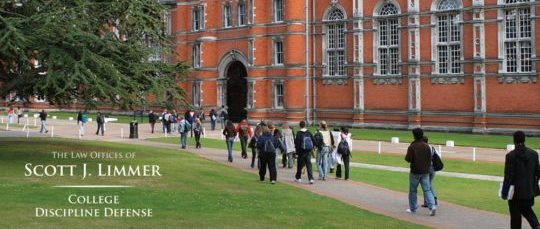A federal appeals court stopped short of halting the activities of the University of Michigan’s Bias Response Team (BRT), but suggested such campus organizations might be unlawfully curbing students’ privileges, and instigating free speech rights violations.
Last year, Speech First, an advocacy group based in Washington, D.C., sued the university in federal court, claiming it violated First Amendment free-expression rights and asking the court to order to shut down the BRT.
The lawsuit argued the BRT — created as a way for the university to probe and address on-campus incidents which could be seen as racist, sexist, anti-gay or otherwise offensive to particular individuals or groups — unconstitutionally infringed students’ ability to make statements or take part in protests, even though within the First Amendment’s protections, that might offend some.
Many colleges and universities have created bodies like the BRT, although they vary widely in their missions and powers. Another campus free-speech group, the Foundation for Individual Rights in Education (FIRE), estimated early in 2017 that over 230 public or private American colleges and universities with a total enrollment of 2.8 million maintained bias response programs.
Are BRTs Responsible for Campus Free Speech Rights Violations?
Michigan officials opposed the lawsuit, arguing the BRT lacked powers to discipline students for speaking offensively. Instead, it would merely offer support to students who thought themselves the targets of bias, for example, by counseling an affected student in how to file a complaint with school officials or campus police, or inviting allegedly offending students to meet voluntarily with school officials to discuss such incidents. The BRT also invites students to report speech which they believe reflects bias.
The plaintiff pointed out the school until recently had used very broad definitions of terms like “harassing” and “bullying” within its mandate, and BRT still retained the ability to refer students to campus police, academic enforcers, or mental health counselors.
In August last year, a lower court ruled for the university, dismissing the case and holding Speech First had established neither its right to speak for students complaining about the BRT nor that a court order was needed to prevent constitutional rights from being harmed.
The Department of Justice submitted a statement of interest in litigation challenging attempts to curb campus free-speech rights, calling the BRT systematic “arbitrary censorship of, and punishment for, constitutionally protected speech.” It was the fourth time in the past two years the agency had filed a statement in litigation over campus speech restrictions (the earlier instances involved schools that had confined all on-campus expressive speech to small so-called “free speech zones” or allegedly set stricter controls over campus appearances by conservatives than for those by liberals).
In a 2-1 decision (Speech First, Inc. v. Schlissel) issued September 23, a three-judge panel of the Cincinnati-based Sixth Circuit reversed the lower court decision, held Speech First had standing to bring the case, and found the BRT’s power to refer incidents to school administrators or law enforcers “objectively chills speech.” That potential to dampen free speech on campus posed a constitutional issue, the appellate majority ruled. (The dissenting judge would have upheld the lower court’s decision entirely.)
The appellate panel sent the case back to the district court for further consideration of whether an injunction against the BRT is merited. The decision is likely to be viewed as support for other activists and groups seeking to loosen school policing over campus speech.
